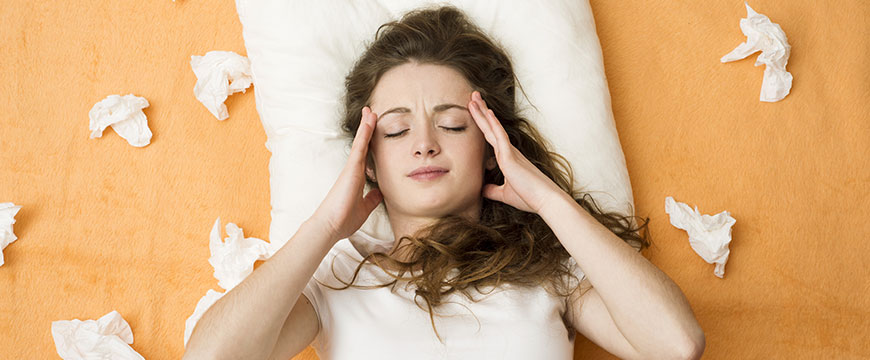
If you have been struggling with allergies you are most likely asking, can you beat allergies? The answer is yes, you can do it. Besides visiting an allergist for some medication, there are plenty of other things you can do to beat allergies. Some of these things include:
Shut out the allergens
If you are allergic to pollen and other allergens that bring about seasonal allergies, work on keeping the allergens out of the house as possible. One of the most effective ways to go about it is to keep the windows and doors closed during allergy season to protect the indoor air from getting polluted.
Minimize going outside
Since you have locked the doors and windows, you don’t want to drag the allergens into the house, do you?
To ensure that this doesn’t happen, you should minimize going outside. In fact, you will be better off if you can avoid going outside altogether.
If you have to go outside, ensure that you do it when the pollen count isn’t too high, usually late in the afternoon. As a rule of thumb, avoid going outside when there is a lot of pollen, such as early in the morning or when strong winds are blowing.
Wash up
You have worked hard to keep the windows and doors closed, and you don’t want to reverse all of your efforts, do you? To avoid this, always wash up as soon as you come back from the outside.
Even before you step into the house, remove the coat, hat, and even the shoes that might be carrying some pollen. You should then go straight to the bathroom, take a shower, and put away the clothes you were wearing.
Stay ahead of the allergy symptoms.
Asthma and allergy foundation of America (AAFA) observes that the best way to beat allergy is always to stay ahead of it. You can do this by taking medications even before the allergy season strikes.
Allergy medications prevent the body from releasing histamine and other chemicals that make your life unbearable, so when you start your medications early enough, you don’t develop the symptoms meaning that you will have beaten the allergies.
There are plenty of medications you can use to beat the allergies, such as antihistamines and sprays. Most of the medications are available over the counter, but it’s always wise to consult your healthcare provider for the best advice.
Wear a mask
Most people have come to know about masks with the advent of the Covid-19 pandemic, but if you want to beat allergies, you have to wear the mask whether there is Covid or not.
The purpose of the mask is to protect you from inhaling the allergens.
For the best protection, go with N95 respirator masks that you can easily find from your local medical supply stores and drugstores.
Eat healthily
Allergies compromise your immune system, so if you want to beat the condition, you need to strengthen your body’s defense system.
One of the most effective ways is to eat healthy foods such as fresh vegetables, fruits, and nuts.
During the allergy season, stock up on tomatoes, oranges, apples, grapes, and other foods that will help you fight the annoying allergens.
Know your triggers
You can’t fight something you don’t know about, can you? So to have an easy time-fighting allergies, ensure that you know the allergens triggering your condition.
The best way to do it is to visit your allergy doctor Manassas VA, who will undertake a battery of tests and help you know what your body is allergic to. As a rule of thumb, stay away from these allergy-causing materials.

